2022 PRB Annual Report
2022 Annual Report
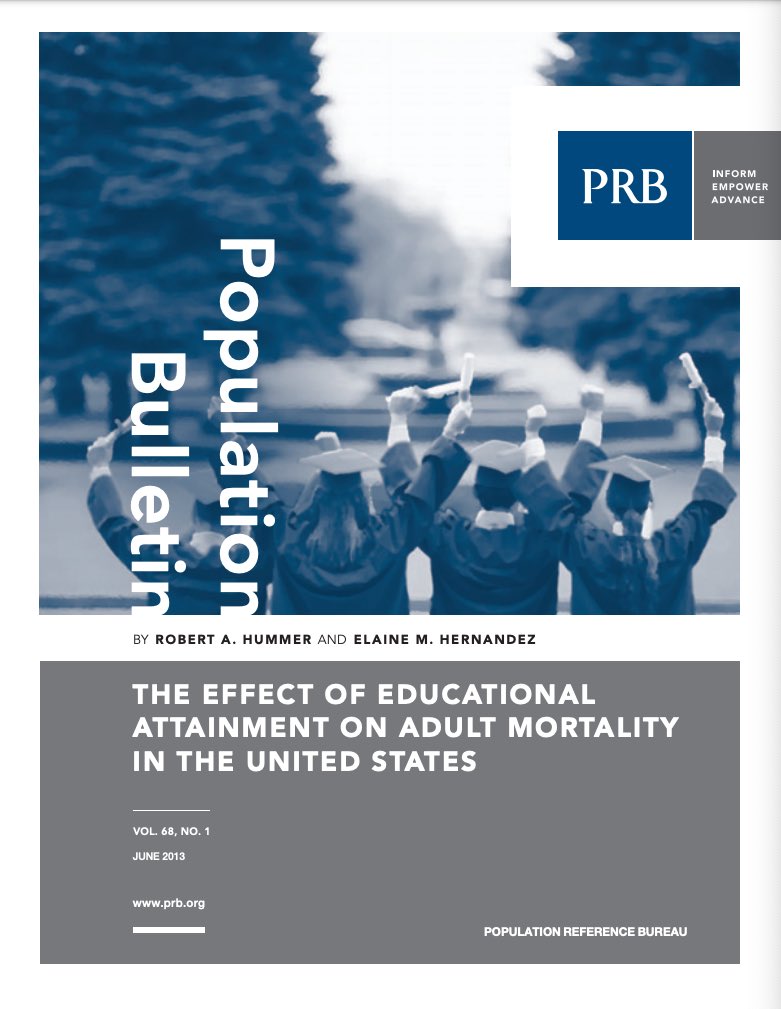
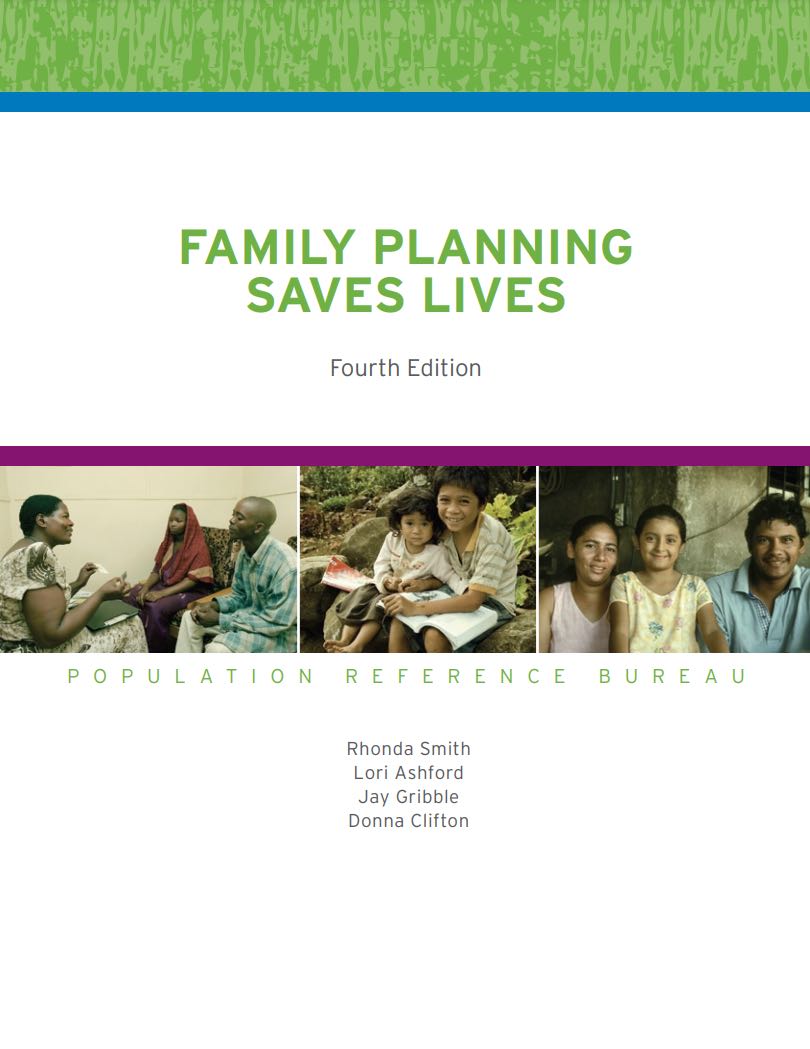
Project: BRIDGE: Bringing Information to Decisionmakers for Global Effectiveness
(2009) Family planning is a lifesaver for millions of women and children in developing countries according to a new report by the Population Reference Bureau.


We examined labor force data and checked in with demographers and economists who follow gender and labor force trends to answer some common questions and bust common myths.
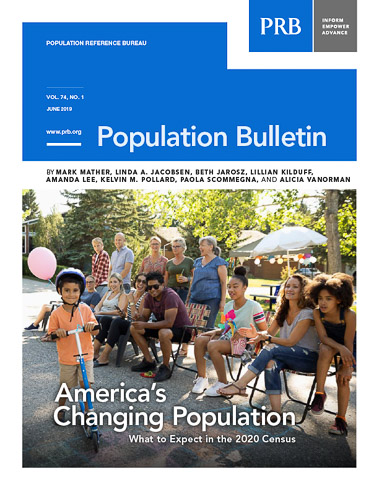
Population Bulletin 74, No. 1 This Bulletin provides a preview of 2020 Census results—identified through data from surveys, population estimates, and projections—and an overview of key population and housing trends.
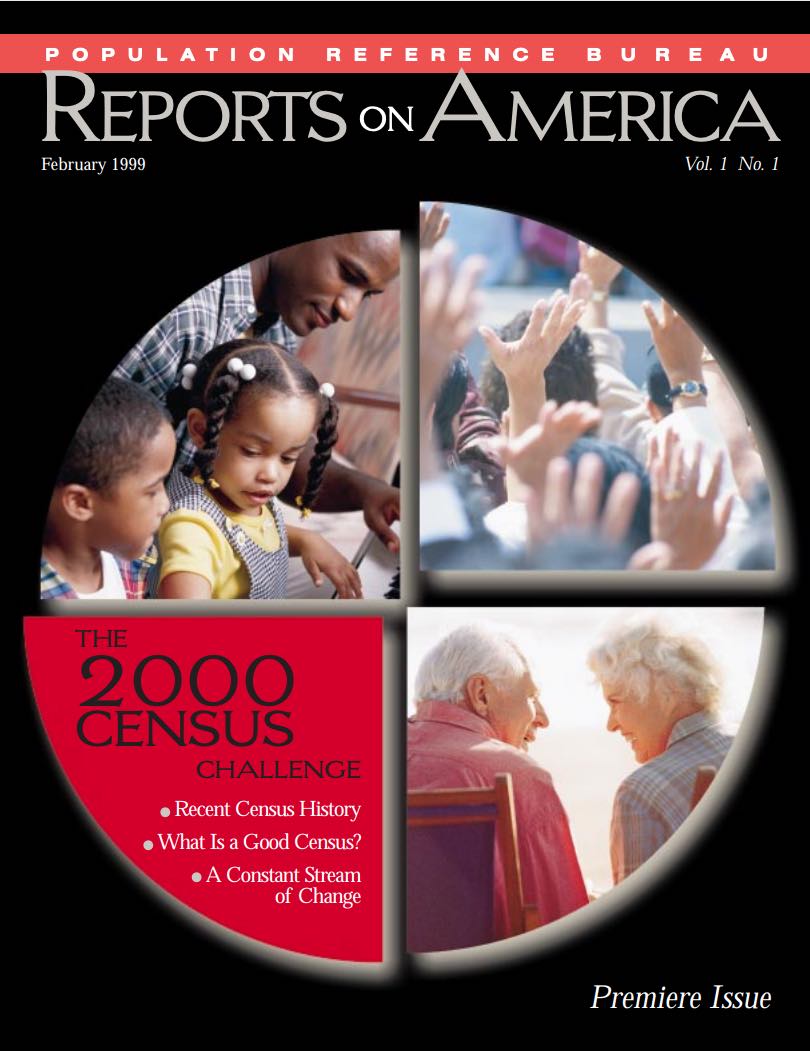
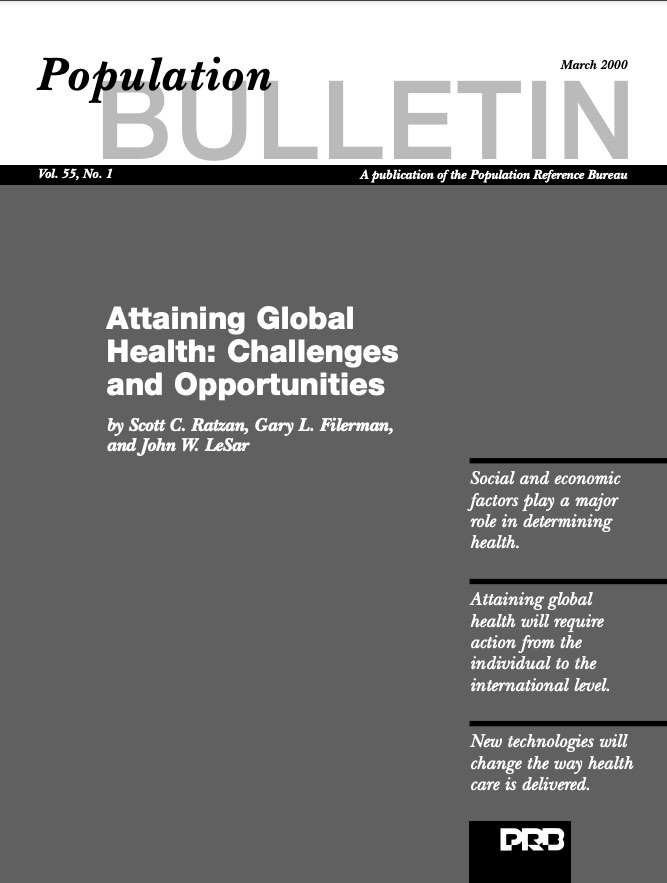
(2000) The 20th century witnessed a revolution in human health and well-being. Average life expectancy at birth in many industrialized countries nearly doubled from around 45 years in 1900 to more than 70 years in 1999.